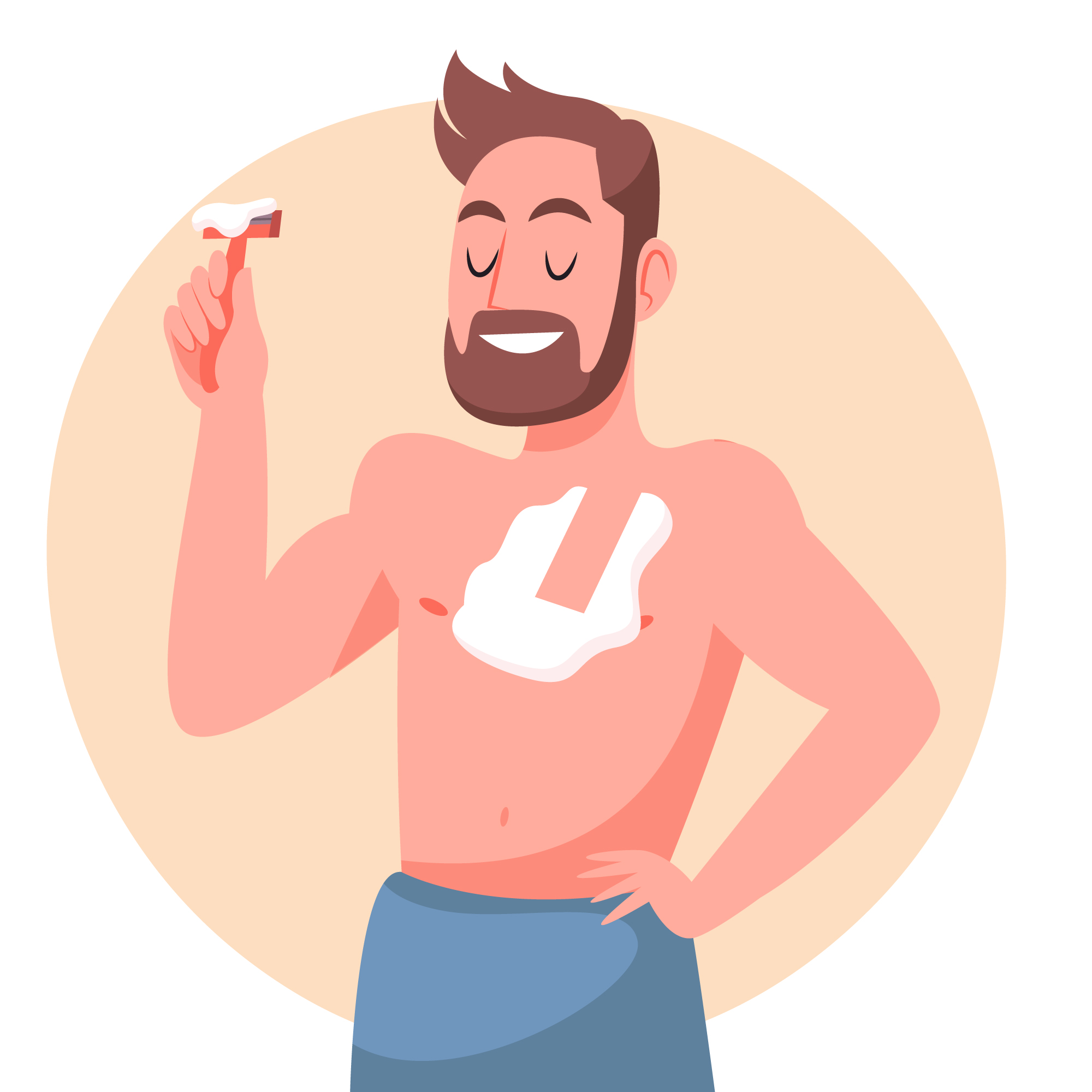
Decoding Testosterone Therapy: Is It Right for You?
Introduction: Unraveling Testosterone’s Role in Men’s Health
Testosterone is a vital hormone produced by the testicles in men. It plays an essential role in various functions, from sex drive to muscle strength and bone health. As men age, testosterone levels naturally decline. However, for some men, this decline can happen more abruptly, leading to symptoms like fatigue, reduced libido, and difficulty concentrating. If you’re experiencing these symptoms, testosterone therapy for men over 40 might offer a solution.
What is Testosterone Therapy? Understanding the Basics
What Does Testosterone Therapy Do?
Testosterone therapy helps replenish decreasing testosterone levels. The therapy can be administered through injections, gels, or patches, giving men a chance to regain vitality. Many men turn to this treatment when they notice symptoms of low testosterone, such as low energy or muscle weakness. Testosterone therapy for enhancing muscle mass and recovery is especially beneficial for those seeking to improve physical strength.
Is Testosterone Therapy Right for You?
Factors to Consider Before Starting Therapy
Deciding whether to start testosterone therapy is a personal choice. Several factors influence this decision, such as age, symptoms, and general health. Importantly, consulting your healthcare provider is crucial to assess whether testosterone therapy is suitable for you. They can help you weigh the risks and rewards of testosterone therapy and decide if it’s the right treatment option. Alternatively, you might discuss managing testosterone levels without therapy if you’re unsure about starting treatment.
Balancing the Risks of Testosterone Therapy
Understanding Potential Risks
Before starting therapy, it’s essential to understand the potential risks involved:
- Prostate Cancer: There are mixed studies about whether testosterone therapy increases the risk of prostate cancer. However, more research is needed to confirm this connection.
- Heart Health: If you have heart problems, testosterone therapy could increase your risk of heart disease. Therefore, men with cardiovascular concerns should approach the therapy carefully.
- Liver Health: In some cases, testosterone therapy may cause liver damage. Regular monitoring of liver function is vital to ensure safety during treatment.
- Other Potential Risks: Testosterone therapy could also trigger conditions such as sleep apnea or polycythemia vera. For these reasons, monitoring liver function during testosterone therapy is essential.
The Benefits of Testosterone Therapy
What Benefits Can You Expect?
While there are risks to consider, there are also significant benefits to testosterone therapy:
- Improved Libido: One of the primary benefits of testosterone therapy is an increase in sexual desire, helping to rejuvenate intimacy for many men.
- Increased Muscle Mass and Strength: Testosterone therapy can improve muscle strength and mass, especially beneficial for men seeking testosterone therapy for enhancing muscle mass and recovery.
- Stronger Bones: Testosterone therapy can boost bone density, which helps prevent osteoporosis and fractures.
- More Energy: Many men report feeling less fatigued after starting testosterone therapy. This improvement in energy levels helps enhance overall quality of life.
Making an Informed Decision: Should You Consider Testosterone Therapy?
Consult with Your Doctor for the Best Approach
As you evaluate testosterone therapy, it’s crucial to consult your healthcare provider. They can guide you through the process, helping you assess your symptoms, health history, and the best treatment options. Additionally, you may want to explore natural testosterone boosters and their alternatives to see if there are other ways to manage your symptoms.
Conclusion: Navigating Your Health Journey
Testosterone therapy can be a valuable treatment for many men. However, it’s not the right choice for everyone. Weighing the benefits and risks of testosterone therapy with your doctor is the best way to make an informed decision. By doing so, you’ll be able to decide whether testosterone therapy aligns with your health goals and personal needs.
For More Information Click here


